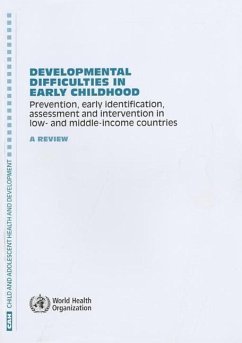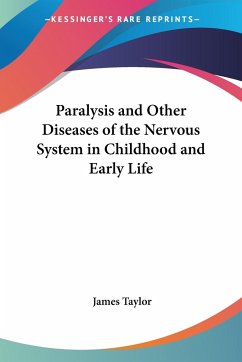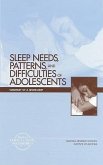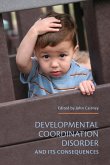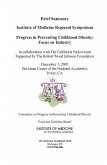Despite long experience in fighting childhood illness and mortality, health care providers in LAMI countries face new challenges in promoting child development. There is, nevertheless, a wealth of information on this topic, generated by researchers and clinicians working in resource poor conditions. This review therefore compiles the wealth of information that has already accumulated in a systematic framework that can be used by health care providers in LAMI countries. In this review, the term "developmental difficulties" is used to refer to a range of difficulties experienced by infants and young children, including developmental delay in the areas of cognitive, language, social-emotional, behavioral and neuromotor development. It includes information from low- and middle-income countries on the conceptualization, epidemiology, prevention, detection, assessment and early management of the broad spectrum of developmental risk factors and developmental difficulties in children aged 3 years and under.
Hinweis: Dieser Artikel kann nur an eine deutsche Lieferadresse ausgeliefert werden.
Hinweis: Dieser Artikel kann nur an eine deutsche Lieferadresse ausgeliefert werden.

